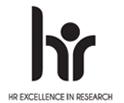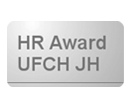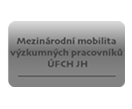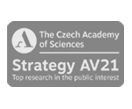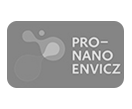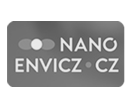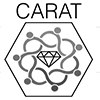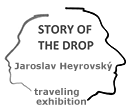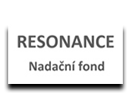Creating and Exploiting Diffusional Constraints to Control Access to Active Sites
The encapsulation of metal clusters within small-pore (8-member ring) zeolites can be used to strategically impose diffusional constraints to systematically control reactant ratios at the locations of the active metal sites by exploiting differences in diffusivities through channels of molecular dimensions. Such control can be beneficial in reactions of light alkanes including steam methane reforming and propane dehydrogenation. The characteristic diffusion times (R2/D) of CH4 and H2O molecules in LTA zeolite were obtained using probe isotopic exchange experiments and diffusion-reaction models. H2O diffusion times were confirmed to be ~100 times faster than CH4 at methane reforming reaction conditions, leading to the desired enhancement of intracrystalline H2O/CH4. Steam methane reforming on Pt/Na-LTA and Pt/Ca-LTA exhibited smaller first-order deactivation rate constants compared to Pt/Al2O3. The selective dehydrogenation of propane in propane/isobutane mixtures without intervening separations can also be accomplished using zeolites to produce propene/isobutane alkylation reactant mixtures. Differences in propane and isobutane diffusivity in LTA were leveraged to improve selectivity towards propene formation during dehydrogenation reactions of C3H8/iC4H10 mixtures. The selective diffusion of propane over isobutane in CaLTA was demonstrated independently using adsorption studies (300 K), which showed that isobutane is fully excluded from Ca- LTA pores at these temperatures. The ubiquitous concentration gradients imposed by small-pore zeolites with encapsulated metal clusters are used here to achieve a suppression of deactivation and improvement in selectivities unattainable on unconfined metal clusters by exploiting the sieving properties of voids and channels of molecular dimensions.
Samuel Leung is a catalyst researcher from Braskem America, located in Pittsburgh, PA, USA. He received his PhD from UC Berkeley, working with Professor Enrique Iglesia. During his time there, he studied the diffusion of light alkanes in zeolites and their reactions on encapsulated metal clusters. He has also studied mechanisms of carbon growth during methane reforming and isotopic exchange. In his current position, he works on projects related to the chemical recycling of waste plastics and the conversion of biowaste.




